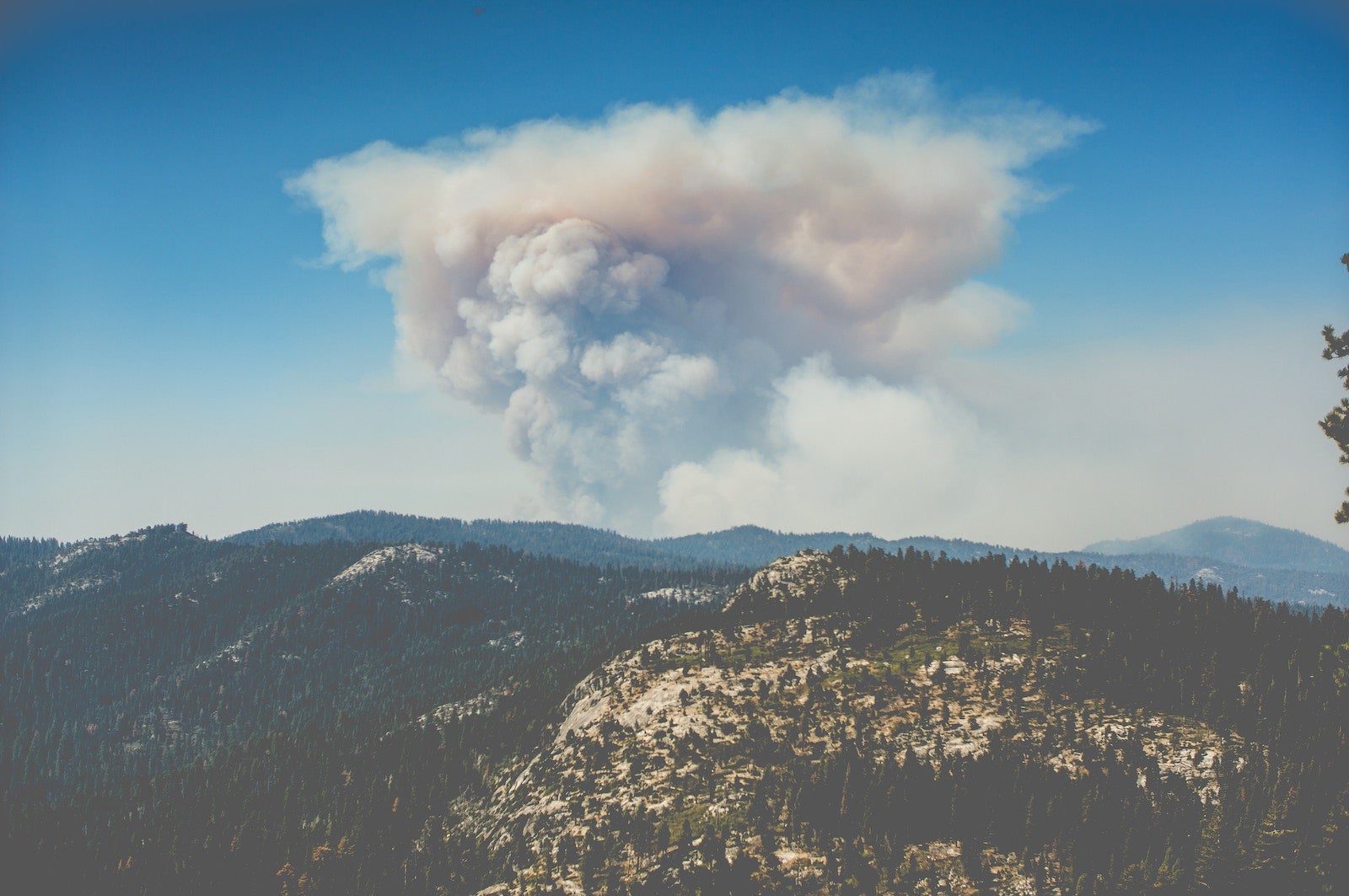
As wildfire smoke impacts communities throughout the region, the third annual Rocky Mountain Regional Wildfire Smoke Symposium will continue discussions on this issue. The symposium is presented by Boise State’s Center for Excellence in Environmental Health, in collaboration with Assistant Professor Luke Montrose of Colorado State University.
This year the symposium will focus on community resilience. The keynote address will be provided by Richard Kwok, program director at The National Institute of Environmental Health Sciences and manager of the Disaster Research Response Program at the National Institutes of Health. Kwok leads the wildfire federal interagency working group and new wildfire data integration project. Previous symposiums have examined the relationship between wildfire smoke exposure and key public-health related topics, including community and occupational health impacts.
“Smoke is again filling the sky this fall and across the Rocky Mountain region there are people working hard to protect communities from long term harm,” Montrose said. “Whether these folks succeed or fail, there are lessons to be learned and we hope to provide a platform to disseminate these lessons such that other communities can efficiently utilize resources and help more people stay healthy.”
Montrose hopes to get more students involved in the conversation this year. Students are invited to submit an abstract on any topic related to indoor or outdoor air quality, including wildfire smoke, community resilience, environmental justice and other pertinent themes. Nine students will be selected to present lightning talks at the symposium. The deadline for abstract submission is 11:59 p.m. Thursday, Nov. 3. More information on abstracts can be found here.
The symposium will take place virtually from 8 a.m to 5 p.m. on Monday, Nov. 14. Registration is now open and can be completed on the event website. The fee to attend is $50.00, and students may attend for free.
The event will feature speakers focused on community engagement, strategies for communication surrounding wildfire smoke, and improved infrastructure for better air quality. There will also be a breakout session on the pros and cons of prescribed burning as they pertain to stakeholder perspectives, public perceptions, and policy options. This year’s schedule and list of speakers are available on the Center for Excellence in Environmental Health website.